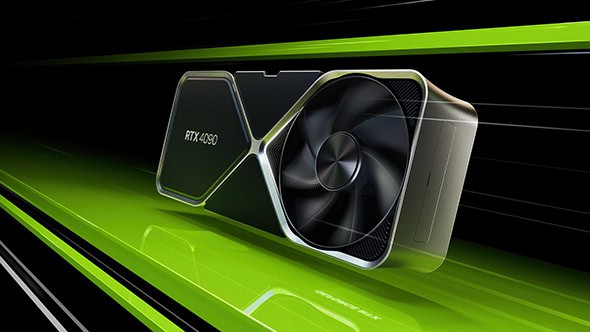Investors continued to sell the news after Nvidia’s blockbuster earnings report and the company’s massive year-to-date run. But it’s no reason to panic.
What happened
Shares of Nvidia (NVDA -2.43%) fell on Friday, and were down as much as 4.5% before recovering to a 3.8% decline as of 2 p.m.
It may be somewhat surprising that the stock sold off today, after it lost all of its post-earnings appreciation yesterday following its Wednesday earnings report.
Investors appear to remain divided on the durability of Nvidia’s monumental growth posted this year. With attention now turning toward broader economic pressures, interest rates, and a potential recession, some investors appear to be taking profits after this year’s massive gain.
So what
On Wednesday, Nvidia posted blockbuster results, especially with regard to its data center revenue, which grew a stunning 141% quarter over quarter. Moreover, Nvidia guided for an above-consensus $16 billion in total revenue next quarter, up from $13.5 billion last quarter.
So, what exactly is the problem? Well first, Nvidia is still up 164% on the year, trading at 47 times this year’s earnings expectations and 31 times its fiscal 2025 earnings expectations. That’s not especially cheap. Of note, Nvidia’s fiscal year ends in January, so fiscal 2025 is really calendar year 2024.
However, that valuation is actually not necessarily expensive if Nvidia can keep up its profitable growth beyond 2024, and that is now the subject of some debate. Last quarter, Nvidia generated a whopping 57.5% operating margin. That’s incredibly high, and some are saying it’s not sustainable, as it will attract competition from other players. Maybe that won’t occur this year or next year, but beyond 2025, it’s possible Advanced Micro Devices (AMD 0.44%) gains market share with its upcoming MI300 accelerator. And all of the major cloud providers are currently designing their own AI-focused accelerators, with each cloud giant claiming their chip has lower computing costs than Nvidia’s.
Yet it’s also possible Nvidia can maintain its moat for quite a while. Nvidia has been developing its CUDA programming platform for nearly 20 years, which allows developers to program graphics chips for the purposes of accelerated computing. That extensive software tied to its hardware will make it difficult for others to nudge their way in, because once a critical mass of developers learns a programming language, it’s much easier for enterprises to adopt that platform rather than retrain their developers and engineers on a new system. Of note, AMD just announced an AI software acquisition yesterday, as it looks to quickly make headway on its own software efforts. Meanwhile, Nvidia’s chips have an advantage over cloud giants’ accelerators, as they can be used across different cloud platforms.
There is also considerable debate around the size of the AI data center market. While Bloomberg Intelligence believes the market will grow at a 20% average growth rate, reaching $133 billion by 2032, others believe the growth will be much faster and bigger. Recently, the CEO of Foxconn parent Hon Hai Precision Industry (HNHPF -0.45%) claimed the AI server market would grow to $150 billion by 2027, up from $30 billion this year.
Now what
Given that Nvidia’s data center revenue was over $10 billion last quarter and is likely to grow 30% quarter over quarter, and given that Nvidia CEO Jensen Huang told The Wall Street Journal after earnings, “We’re not shipping close to demand,” I would tend to think the more optimistic target put forward by Foxconn’s CEO may be closer to the truth.
Although Nvidia’s stock may be subject to profit-taking from near-term traders, its moat appears very strong, and the growth of AI data center servers appears to be the real deal. While the stock doesn’t appear especially cheap, long-term shareholders should not panic at the near-term profit-taking. Even if there were to be a recession in the broader economy, it seems as though AI investment and Nvidia’s revenue would grow through it.

